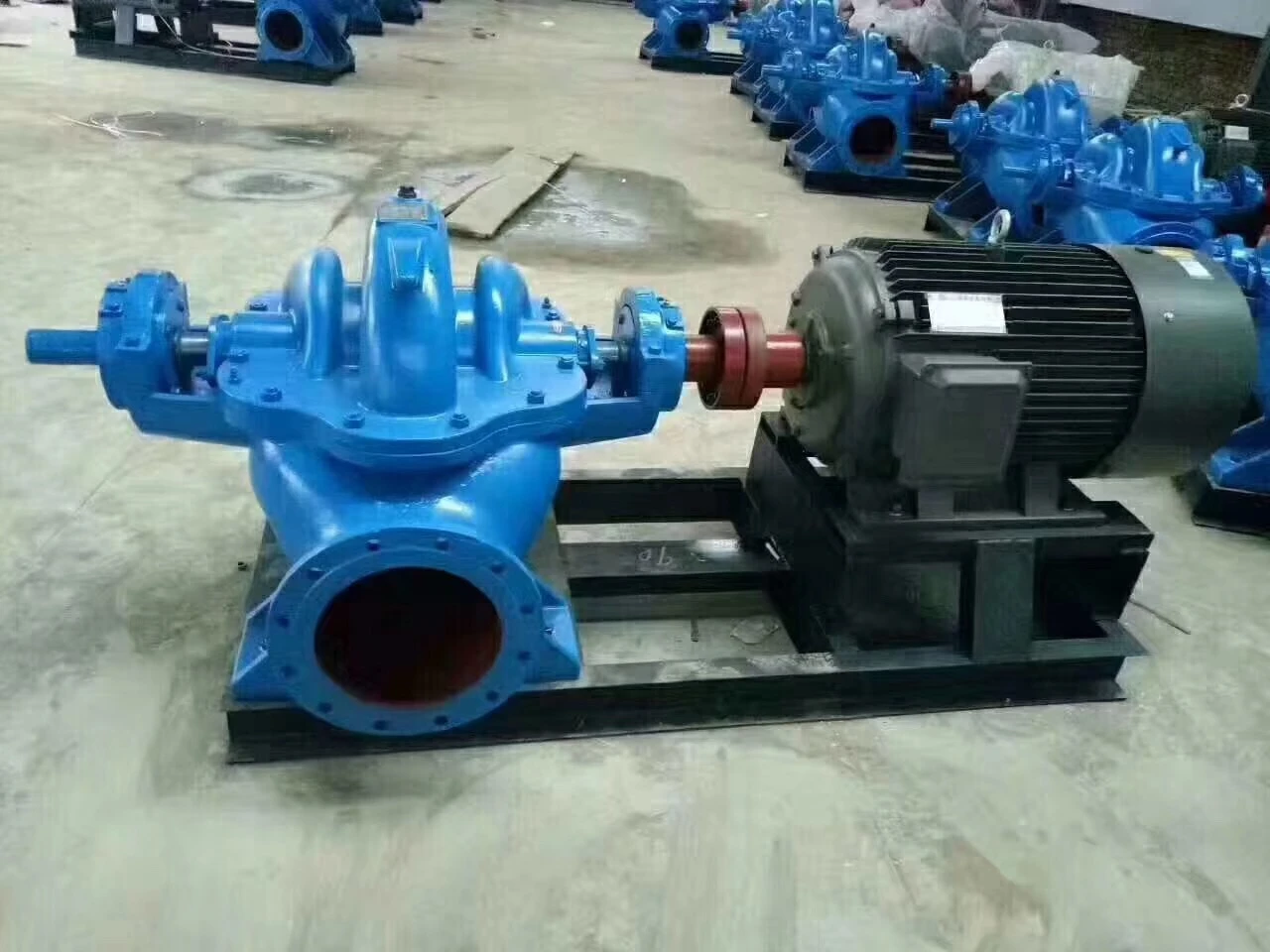English
- Afrikaans
- Albanian
- Amharic
- Arabic
- Armenian
- Azerbaijani
- Basque
- Belarusian
- Bengali
- Bosnian
- Bulgarian
- Catalan
- Cebuano
- Corsican
- Croatian
- Czech
- Danish
- Dutch
- English
- Esperanto
- Estonian
- Finnish
- French
- Frisian
- Galician
- Georgian
- German
- Greek
- Gujarati
- Haitian Creole
- hausa
- hawaiian
- Hebrew
- Hindi
- Miao
- Hungarian
- Icelandic
- igbo
- Indonesian
- irish
- Italian
- Japanese
- Javanese
- Kannada
- kazakh
- Khmer
- Rwandese
- Korean
- Kurdish
- Kyrgyz
- Lao
- Latin
- Latvian
- Lithuanian
- Luxembourgish
- Macedonian
- Malgashi
- Malay
- Malayalam
- Maltese
- Maori
- Marathi
- Mongolian
- Myanmar
- Nepali
- Norwegian
- Norwegian
- Occitan
- Pashto
- Persian
- Polish
- Portuguese
- Punjabi
- Romanian
- Russian
- Samoan
- Scottish Gaelic
- Serbian
- Sesotho
- Shona
- Sindhi
- Sinhala
- Slovak
- Slovenian
- Somali
- Spanish
- Sundanese
- Swahili
- Swedish
- Tagalog
- Tajik
- Tamil
- Tatar
- Telugu
- Thai
- Turkish
- Turkmen
- Ukrainian
- Urdu
- Uighur
- Uzbek
- Vietnamese
- Welsh
- Bantu
- Yiddish
- Yoruba
- Zulu
Telephone: +86 13120555503
Email: frank@cypump.com
Oct . 31, 2024 22:58 Back to list
Centrifugal Chemical Pumps for Efficient Screw Pump Applications in Fluid Transfer
Screw Pump vs. Centrifugal Pump Understanding Their Role in Chemical Applications
When it comes to the selection of pumps in chemical processing, two notable designs often come into discussion screw pumps and centrifugal pumps. Each type has its unique advantages and specific applications that fit the diverse needs of the chemical industry.
Screw Pumps
Screw pumps are positive displacement pumps that utilize one or more screws to move fluids. They are particularly effective for handling viscous fluids, slurries, and particulate-laden liquids. The design of screw pumps allows them to maintain a consistent flow rate regardless of changes in pressure, making them ideal for processes requiring precision. Their ability to gently transport fluids without pulsation reduces the risk of shear damage, which is crucial when dealing with sensitive chemical formulations.
In chemical processing, screw pumps are favored for their robust construction and ability to handle a wide range of viscosities. They excel in operations such as transferring viscous chemicals, pumping lubricants, and managing toxic or hazardous fluids with minimal risk of leakage. Additionally, screw pumps can operate under high pressures, making them suitable for demanding applications in industries like petrochemicals and pharmaceuticals.
Centrifugal Pumps
screw pump centrifugal chemical pump

On the other hand, centrifugal pumps operate on a fundamentally different principle. They use a rotating impeller to convert kinetic energy into hydrodynamic energy, generating a flow of liquid through the pump. Centrifugal pumps are widely used due to their simplicity, efficiency, and ability to handle large volumes of low-viscosity fluids.
In chemical applications, centrifugal pumps are commonly employed for processes such as circulation, cooling, and transferring chemicals in bulk. Their ability to provide a high flow rate makes them ideal for applications where the viscosity of the liquid is low and turbulence is not a concern. Centrifugal pumps are also relatively easy to maintain, contributing to lower operational costs in the long run.
Choosing Between the Two
The choice between a screw pump and a centrifugal pump should be based on the specific requirements of the application. For instance, if the chemical being handled is viscous or contains solids, a screw pump would be more advantageous. Conversely, for handling low-viscosity liquids or when high flow rates are required, centrifugal pumps would be the preferable option.
In conclusion, both screw pumps and centrifugal pumps play vital roles in chemical processing. Understanding their strengths and limitations allows engineers and operators to make informed decisions that optimize performance, efficiency, and safety in chemical operations. By selecting the appropriate pump type, companies can enhance their production processes and ensure reliable handling of various chemical substances.
-
ISG Series Vertical Pipeline Pump - Chi Yuan Pumps Co., LTD.|Advanced Hydraulic Design&Energy-Efficient Solutions
NewsJul.30,2025
-
ISG Series Vertical Pipeline Pump - Chi Yuan Pumps Co., LTD.
NewsJul.30,2025
-
ISG Series Vertical Pipeline Pump - Chi Yuan Pumps Co., LTD.|energy-efficient fluid handling&industrial durability
NewsJul.30,2025
-
ISG Series Vertical Pipeline Pump - Chi Yuan Pumps | Advanced Engineering&Industrial Efficiency
NewsJul.30,2025
-
ISG Series Pipeline Pump - Chi Yuan Pumps | High Efficiency, Energy Saving
NewsJul.30,2025
-
ISG Series Vertical Pipeline Pump-Chi Yuan Pumps|High Efficiency&Reliable Performance
NewsJul.29,2025










